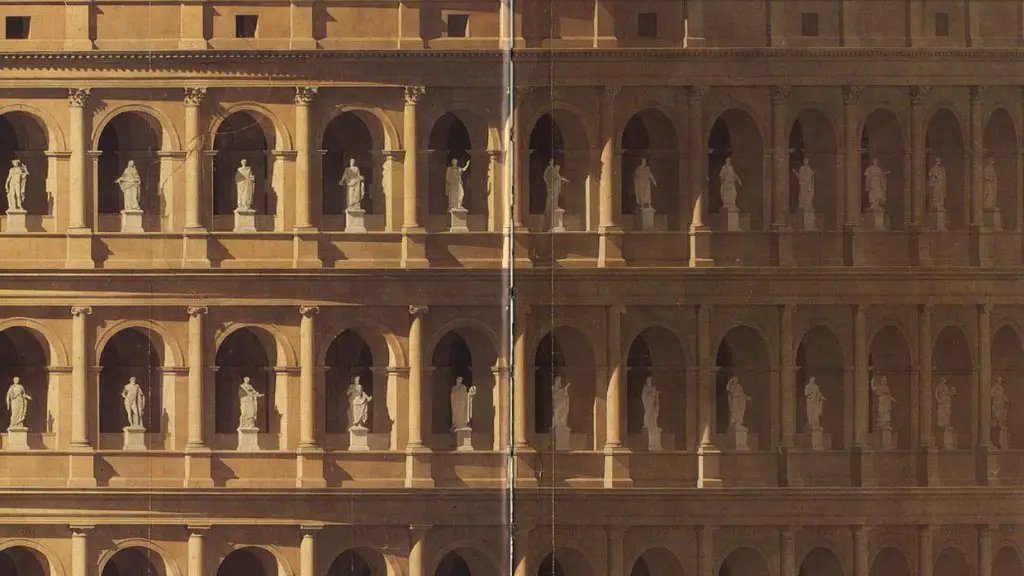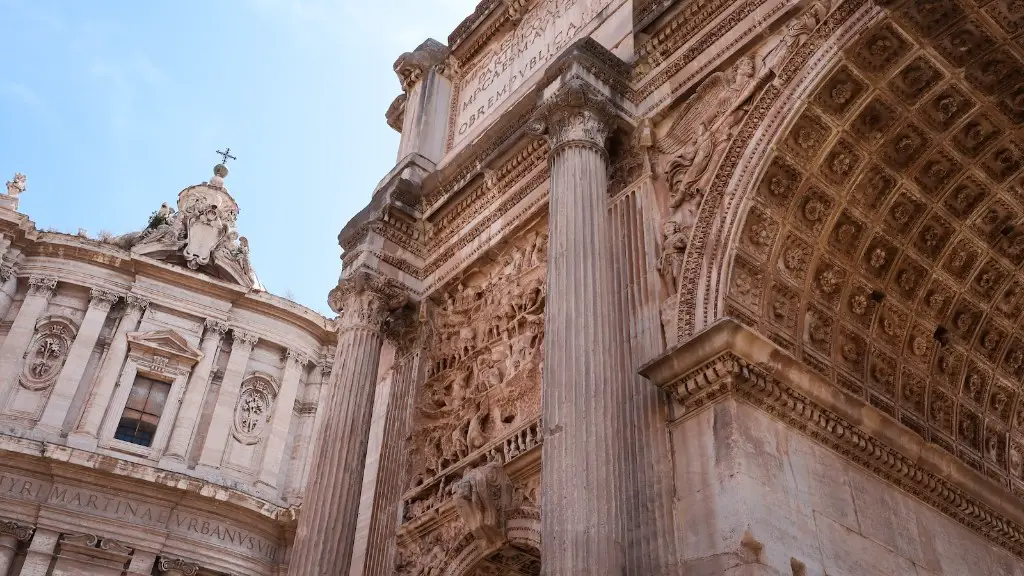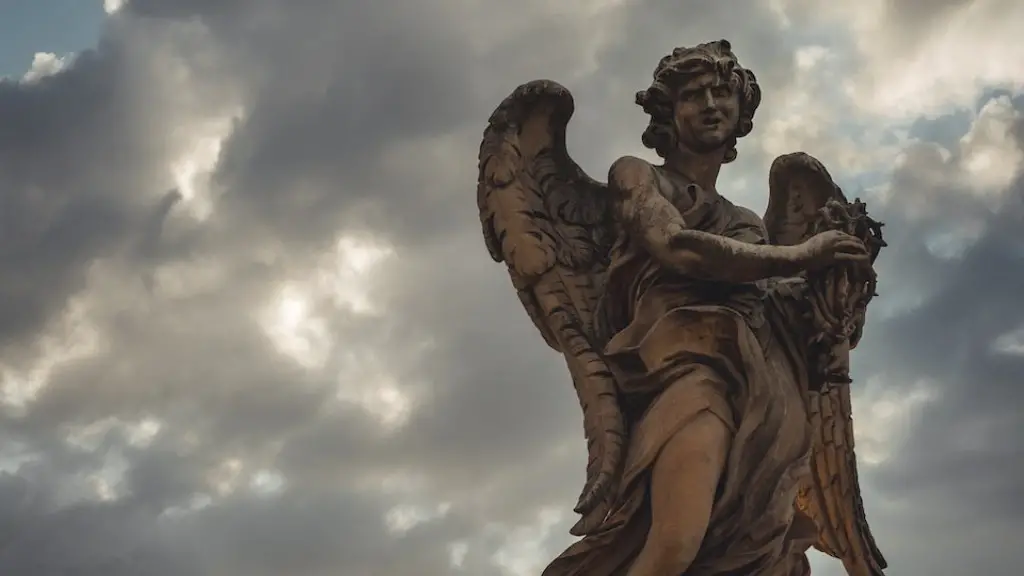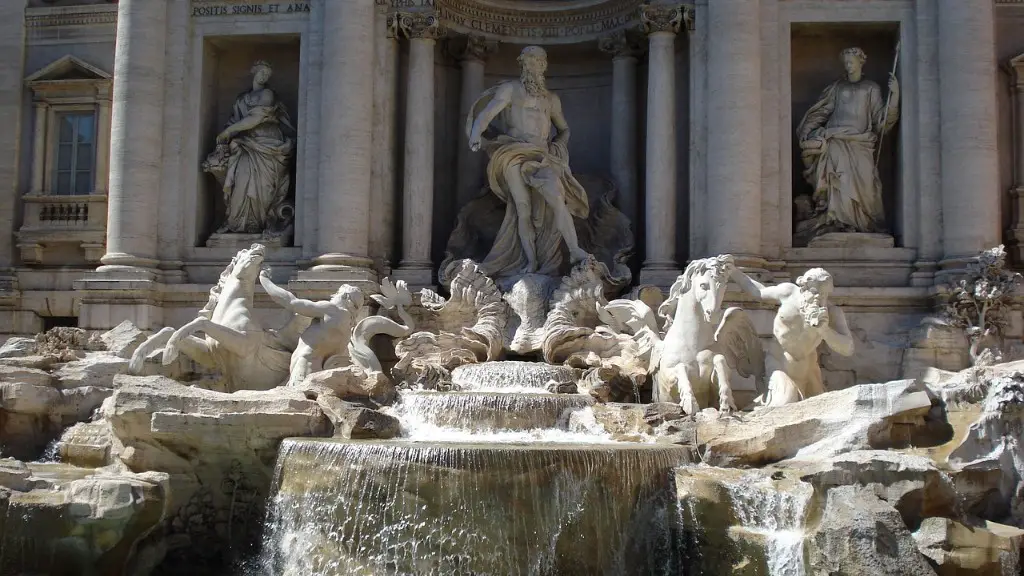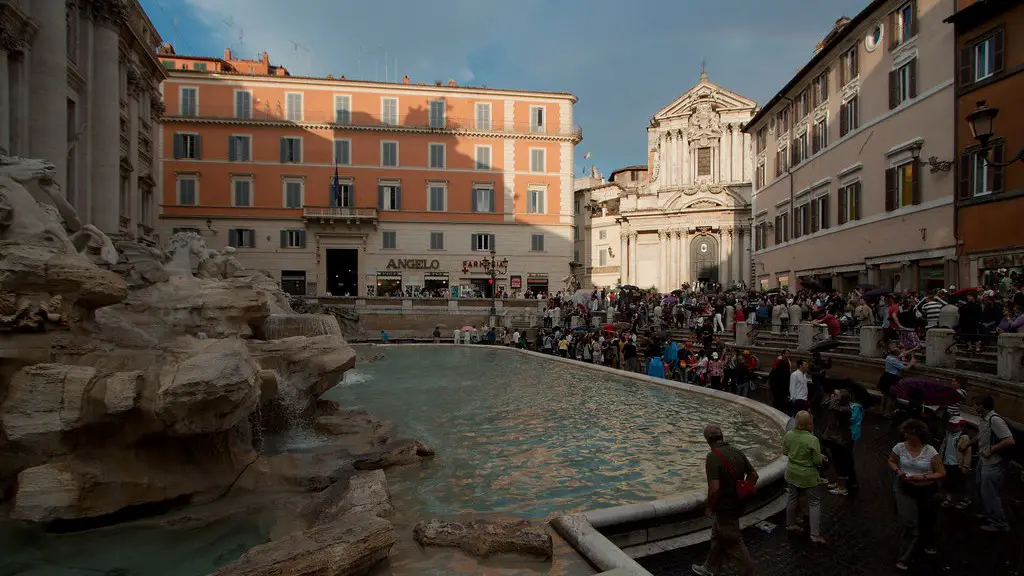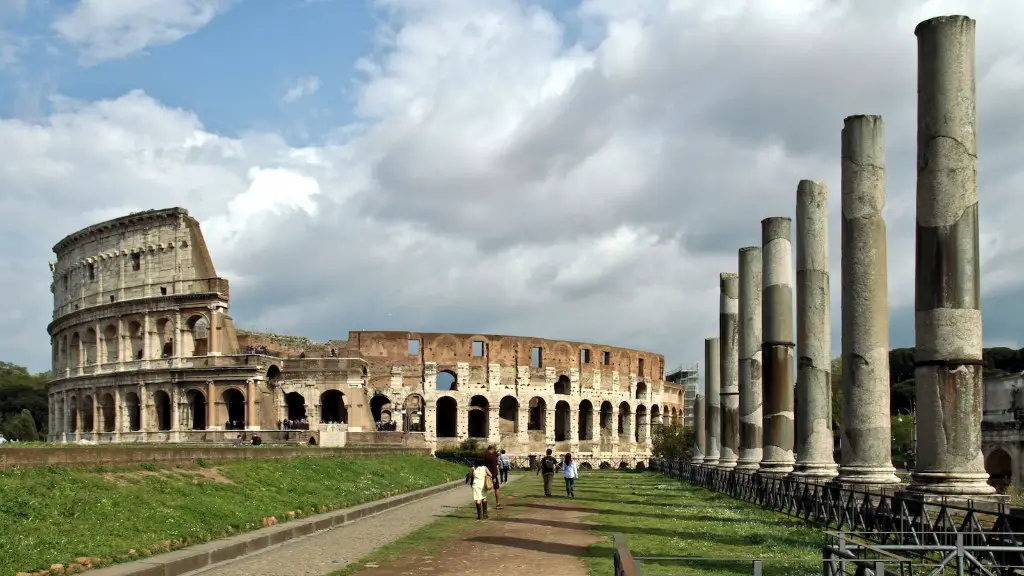The ancient Romans seem to have had Ambiguous feelings about magic. On one hand, they tolerated magicians and even some forms of magical practices. On the other hand, they did not hesitate to denounce other forms of magic as fraudulent.
The ancient Romans believed in the power of magic and its ability to influence the world around them. They used magic for a variety of purposes, such as healing the sick, protecting against evil forces, and making sure their crops would grow. The Romans believed that magic was a force that could be harnessed and controlled, and that it could be used for good or for evil.
What did the Romans think of magic?
The belief in supernatural powers and forces was very common in Rome. Most people living in Rome at this time seemed to be in a constant state of fear when it came to these things. They would often visit magicians in order to buy amulets that would protect them from spells, the evil eye, and the power of demons and spirits. This was because they felt that these things could bring them harm.
The word “magic” has a long and complicated history. It can be used to refer to both good and evil supernatural powers. The positive meaning, however, is found in the writings of the magicians themselves, especially in the Greek Magical Papyri. The negative meaning was taken over by the Romans; in Latin the terms are magia, magicus, and magus, as well as maleficium and maleficus.
What did ancient Greeks think of magic
For the Greeks, magic was a wide-ranging topic that involved spells, curses, drugs, and potions. Magic was used for evil purposes as well as for good. Amulets and love potions were among the most popular items.
A witch is a woman who is believed to have magical powers. She may be called a cantatrix or praecantrix, a sacerdos or vates. She may be docta, divina, saga, and maga, a venefica, malefica, lamia, lupula, strix, or striga.
Who did the Romans fear the most?
The Huns were a nomadic people who originated in Central Asia. In the 4th century, they began to migrate westward, eventually reaching the Roman Empire. The Huns were known for their ferocity and their skill in battle, and they quickly became a feared enemy of the Romans. In the 5th century, the Huns began to ravage the Eastern Roman Empire, pillaging and plundering cities and villages. The Romans were unable to stop the Huns, and the Empire was greatly weakened as a result.
Hecate was one of the most important goddesses in the Greek pantheon. She was the goddess of magic, witchcraft, the night, light, ghosts, necromancy, and the moon. Further, she was the goddess and protector of the oikos, and entranceways. In her form as a triple-goddess, Hecate was strongly associated with the crossroads.
Was magic illegal in Rome?
In Roman law, the antisocial use of magic was prohibited, with increasing strictness. Magic of all kinds was under continual suspicion because of its secrecy, mystery, violation of tombs, human sacrifice (ritual murder), and philters.
Hecate was the ancient Greek goddess of witchcraft, magic, ghosts, and crossroads. She was the daughter of Perses and Asteria, and the wife of Hades. Hecate was often depicted carrying two torches, and her symbols also included the black dog and the polecat.
What was the Roman punishment for witchcraft
Different punishments were employed for those found guilty of witchcraft, including imprisonment, flogging, fines, or exile. The type of punishment depended on the severity of the crime and the jurisdiction in which the trial was held.
Dedi was a famous magician who is believed to have performed the first ever recorded magic trick. The trick he performed was the cups and balls magic trick. Images of this trick were found on pyramids in Egypt, which date back to around 2,700 BC. This just goes to show that the art of magic is truly timeless!
Who made the first magic?
Dedi was a magician who lived in Ancient Egypt in 2,700 BC. He is credited with the first cups and balls magic trick. This trick is still performed today and is a classic of magic.
The first known performance of a conjuring effect was done by the magician Dedi in ancient Egypt. Dedi had done other effects, such as decapitating a bird, then reattaching the head to resurrect it. This performance was said to have taken place in 2700 BC.
What were Roman spirits called
The Manes were originally thought to be the souls of deceased loved ones, but they eventually came to be seen as chthonic deities. They were often depicted as ghosts or underworld beings.
The first known witch hunts in Rome were during the Imperial period. Male and female witches or magicians were often persecuted for casting spells on the emperor. As Pliny the Younger wrote: everyone was afraid of witches and their spells. Christians began burning witches only after the Romans had already begun these hunts.
Who is the Roman goddess of sorcery and witchcraft?
Hecate is a goddess of witchcraft who is associated with magic, sorcery, and the night. She is often seen as a dark and mysterious figure, and her connection to the underworld makes her a powerful force to be reckoned with. If you are looking to tap into your own personal power, Hecate can be a helpful guide.
It is clear that there were two very different views of Jesus amongst the Romans and the Christians in Judaea. To the Romans, Jesus was nothing more than a troublemaker who deserved the punishment that he received. However, to the Christians, Jesus was a martyr who died for their cause. This difference in opinion soon led to instability in Judaea, as the Christians began to revolt against the Romans.
Final Words
The ancient Romans viewed magic as a way to control the natural world and their destiny. They believed that by understanding and using the magical powers of the natural world, they could control their own fate.
ancient romans viewed magic as a way to control the supernatural and to improve their own lives. Magic was also seen as a way to protect oneself from evil spirits.
